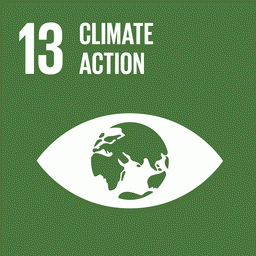Celso H. L. Silva Junior, Ane Alencar, Camila Silva, Ana C. M. Pessôa, Nathália S. Carvalho, João B. C. Reis, Aline Pontes, Leticia Gomes, Jéssica Schüler, Fernando Elias, Viola Heinrich, Bárbara Zimbres, Edriano Souza, Julia Shimbo, Wallace Silva, Ludmila Rattis, Patricia Pinho, Paulo Artaxo, Polyanna da C. Bispo, Thais M. Rosan, Stephen Sitch, Sonaira Silva, Ricardo Dalagnol, Fabien H. Wagner, Le Bienfaiteur Sagang, Sassan Saatchi, David M. Lapola, Dolors Armentera, Erika Berenguer, Izaya Numata, Jos Barlow, Luciana Gatti, Philip M. Fearnside, Celso von Randow, Talita O. Assis, Carlos A. Silva, Douglas C. Morton, Liana O. Anderson, Luiz E. O. C. Aragão
Researchers from IPAM (Amazon Environmental Research Institute) and other organizations presented during COP28, held in Dubai, a policy brief for decision makers with data and recommendations for combating forest degradation. The document highlights the impact of degraded forests on Brazilian emissions, explains the causes of degradation and suggests paths for protection and recovery.
According to the guide, mechanisms to combat the climate crisis have left aside the recovery of degraded areas, despite the impact that these places have on climate regulation. Researchers warn that if emissions from forest degradation are ignored, agreed mitigation policies will be insufficient to control global warming.
Baixar (sujeito à disponibilidade)
Download (subject to availability)
